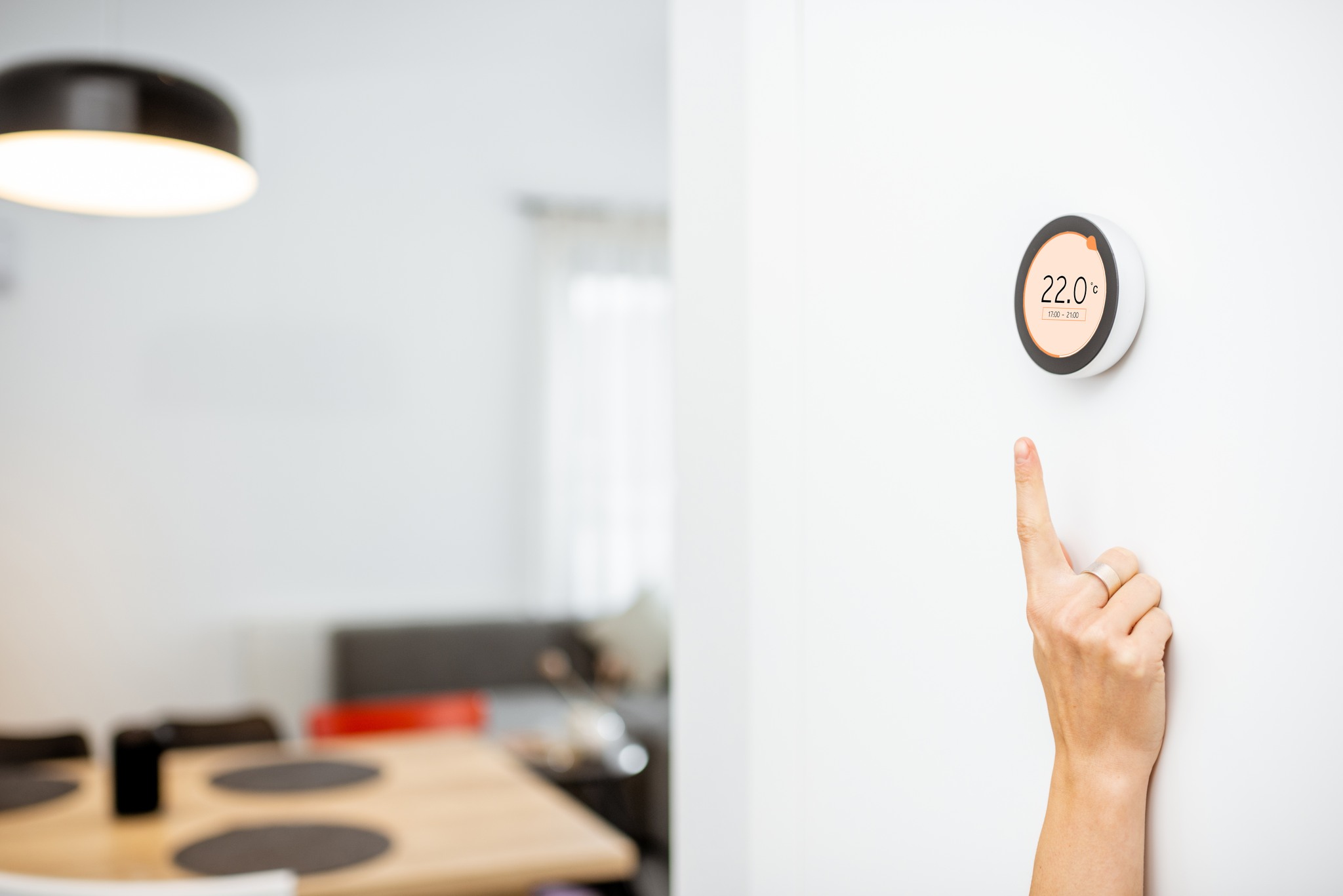The quality of the air you breathe is a key component of optimal health. Even if your HVAC unit is well maintained, there are outdoor seasonal changes that impact the quality of your indoor air. Outdoor natural occurrences are much harder to control, but there are measures you can take to adapt to these environmental changes to keep the quality of your indoor air in top shape. Paying attention to your ventilation system helps keep your family healthy throughout the seasons. Receiving HVAC services in the Greater Toronto Area from A-Plus Quality will help you keep your home free from air quality issues throughout the year.
Changes in the Spring
In the springtime humidity levels rise bringing pollen, dust, and mold. People may experience allergies, colds, and other respiratory conditions. To improve the quality of your indoor air during the springtime, prevent pollen and dust from reaching your ventilation system. It's also wise to schedule regular house cleanings and keep your HVAC unit free from any type of build-up such as mold.
Changes in the Summer
Temperatures in the summertime rise to their highest levels of the year. Mold and dust are a problem as in the case when dust blows out of the vents - affecting those who are sensitive to it. Increasing temperatures require the air conditioning unit to run more often creating lower humidity inside homes, which can affect individuals with sinus problems. Incorporating more outdoor air into the HVAC unit intake helps balance humidity levels. To have air quality consistency, be sure to calibrate between the outdoor air intake and the indoor air quality.
Changes in the Fall
The year's highest level of mold is seen in the fall due to extra moisture in the air and the decay of vegetation. Wind and temperature play a role in how much mold is transported indoors. Be sure to keep your indoor space well ventilated to prevent the overgrowth of mold inside. Pay attention to leaks around the house or signs of mold issues such as the paint on the walls. Deal with mold issues immediately and keep your ventilation system circulating fresh air throughout the house.
Changes in the Winter
In the cold months of the year mold and humidity cease. However, this causes a dry environment indoors, which creates irritation of the eyes and nose. Respiratory infections are much more likely in dry air. It is important to have a humidifier in your home in order to feel comfortable and to avoid any health issues or physical damage to your home.
Count on A-Plus Quality, HVAC services in the Greater Toronto Area, to keep your indoor air quality safe and comfortable all year long. Browse our air quality improvement products or contact us today to learn more about improving the air quality in your home.



